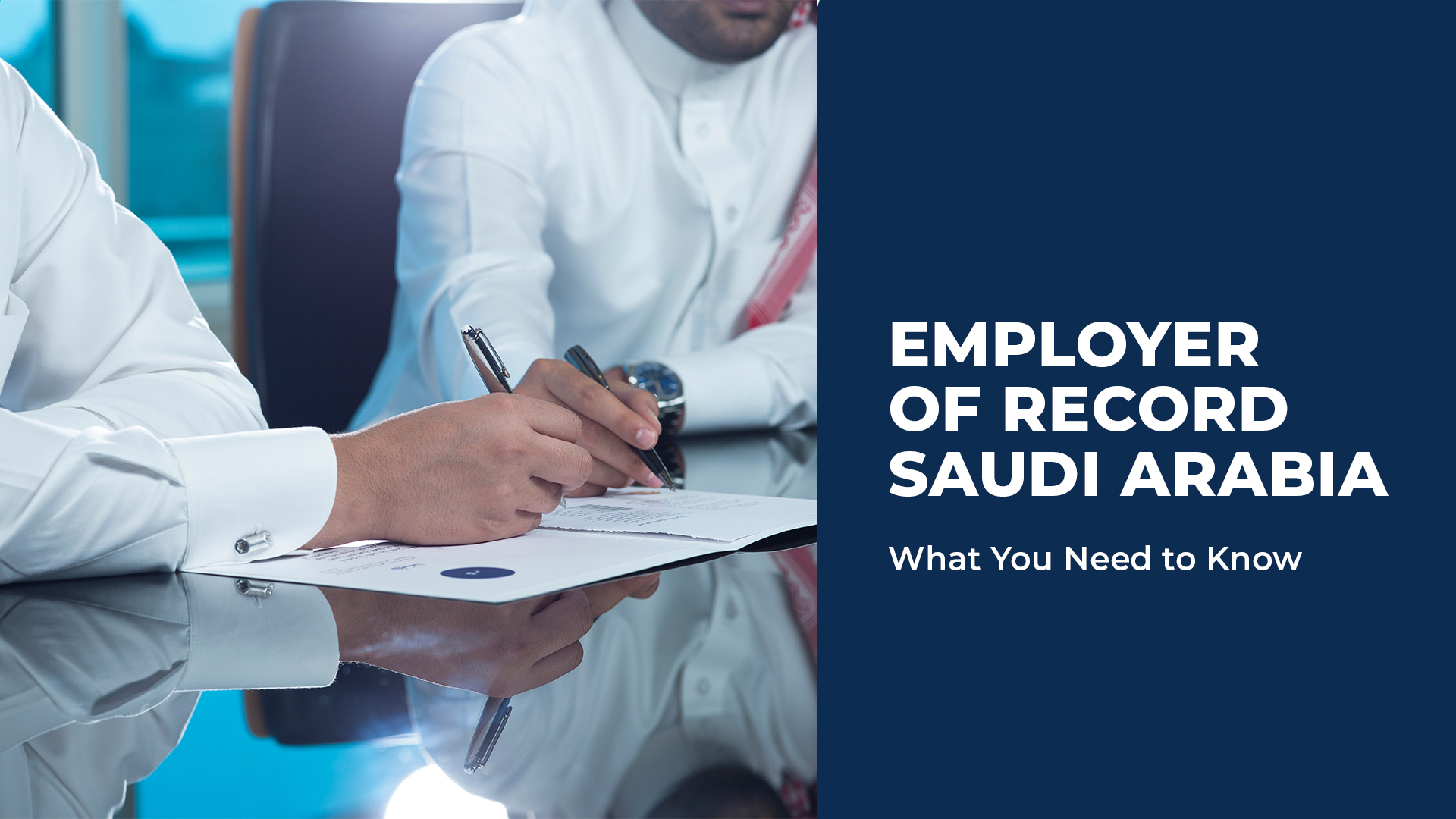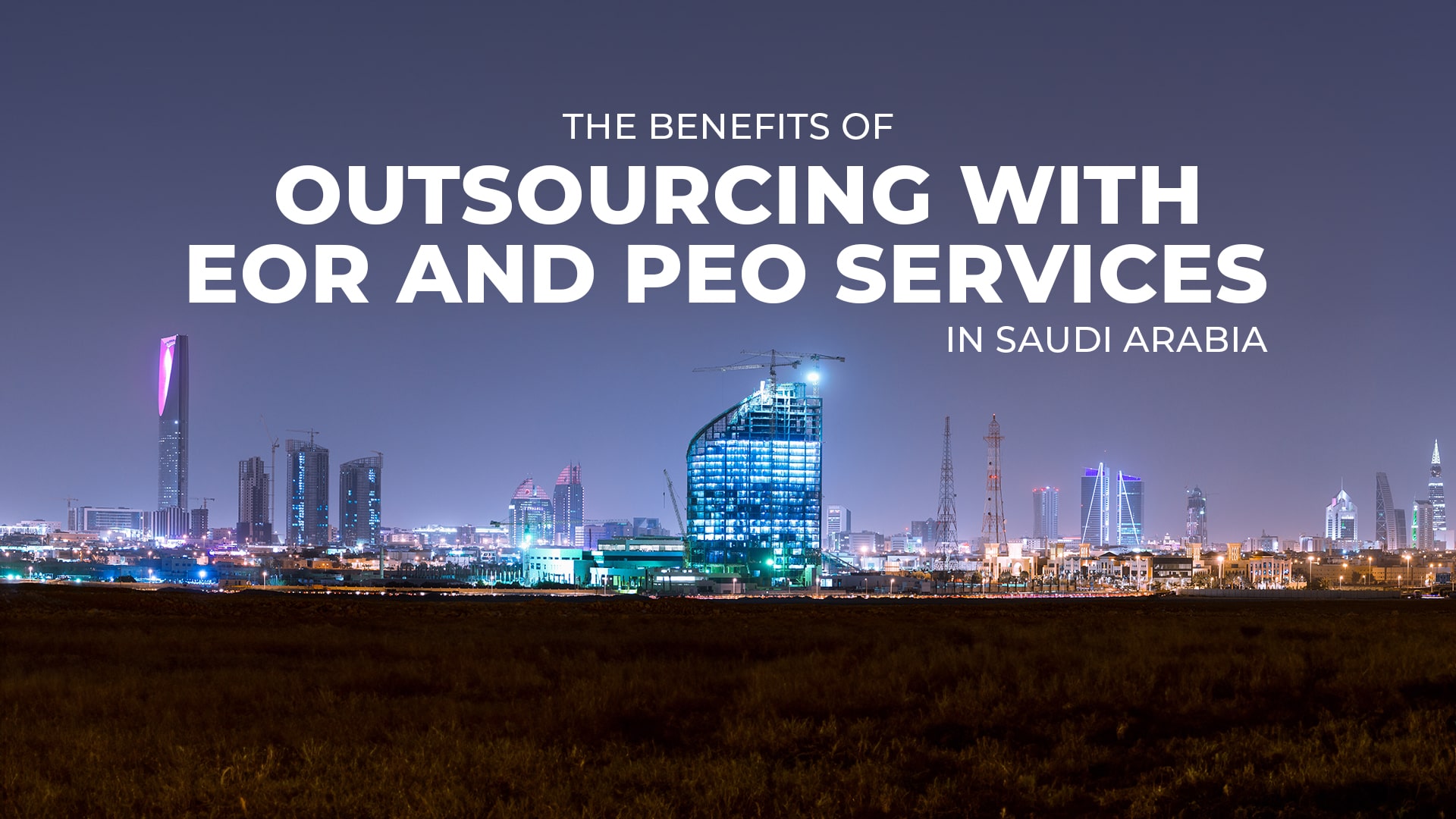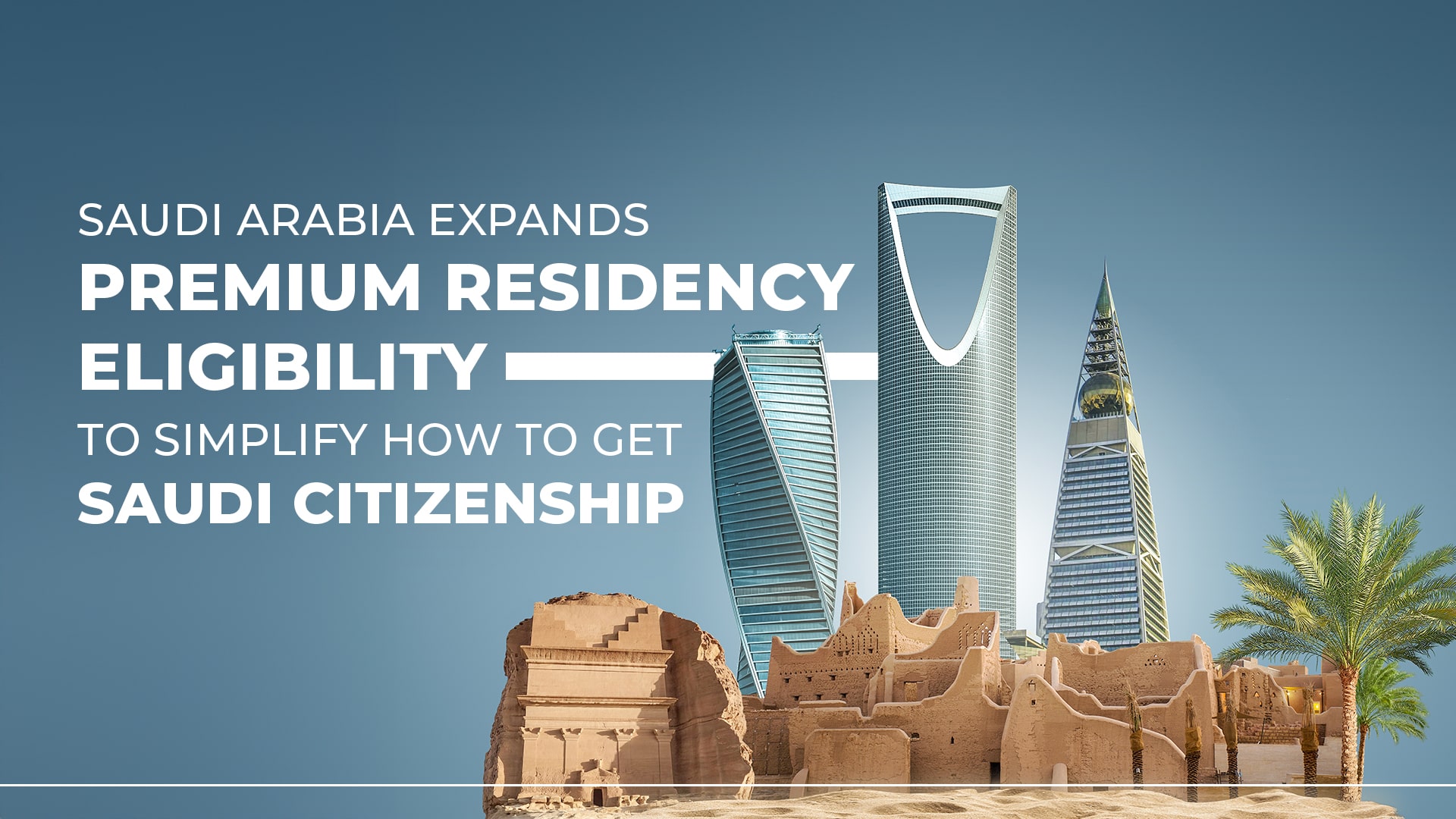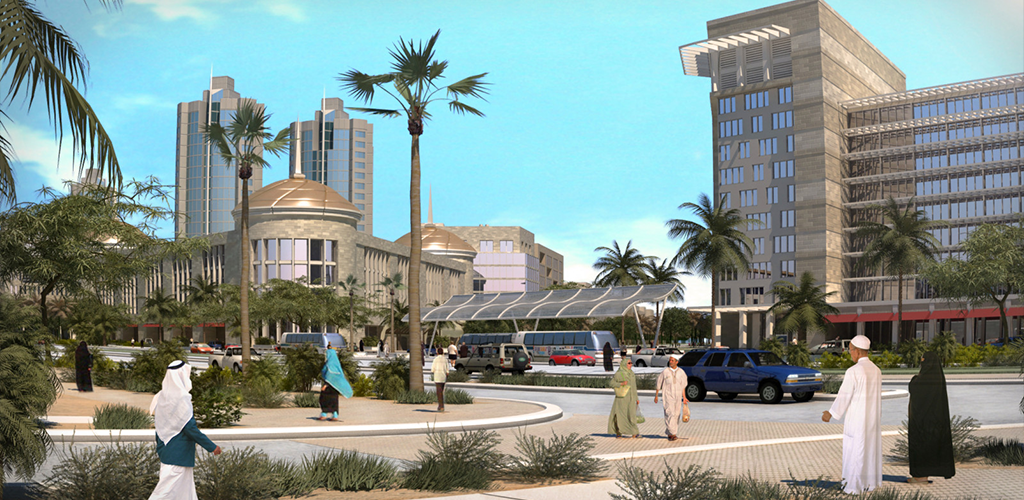
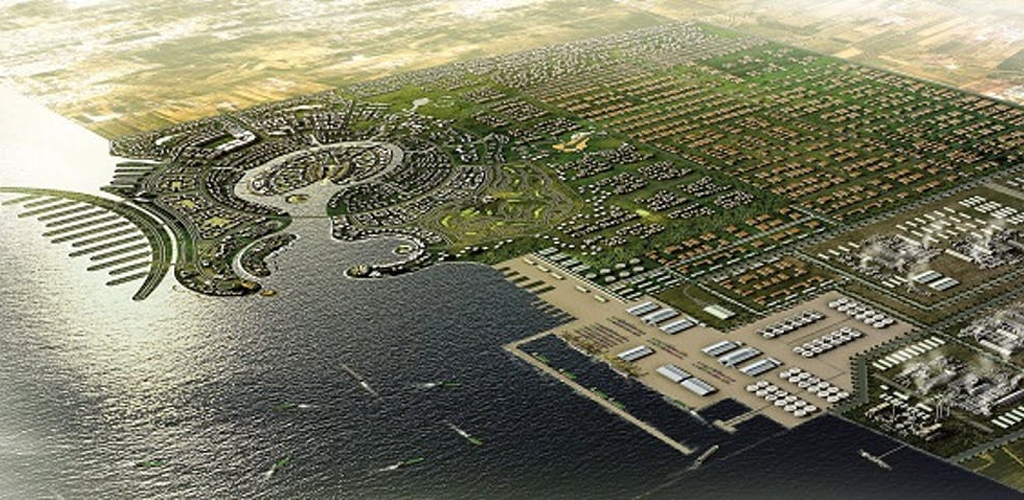
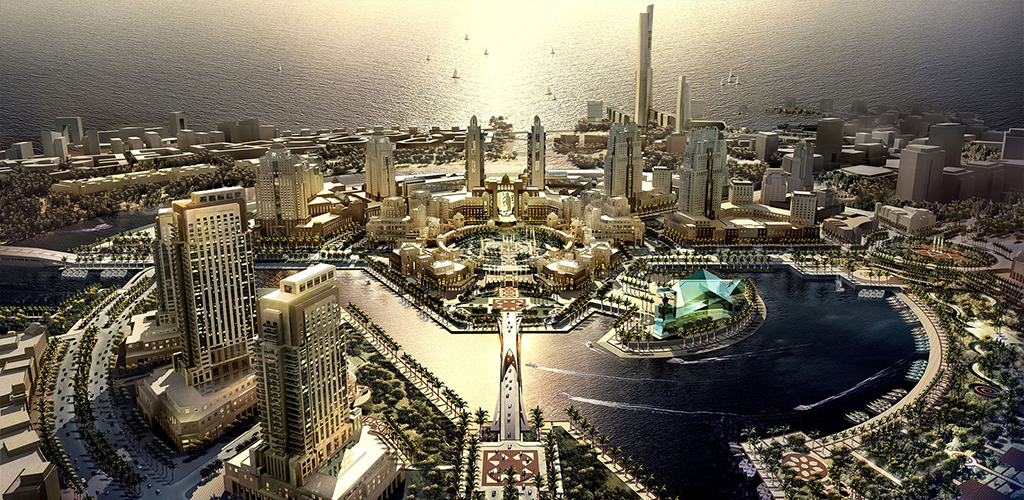
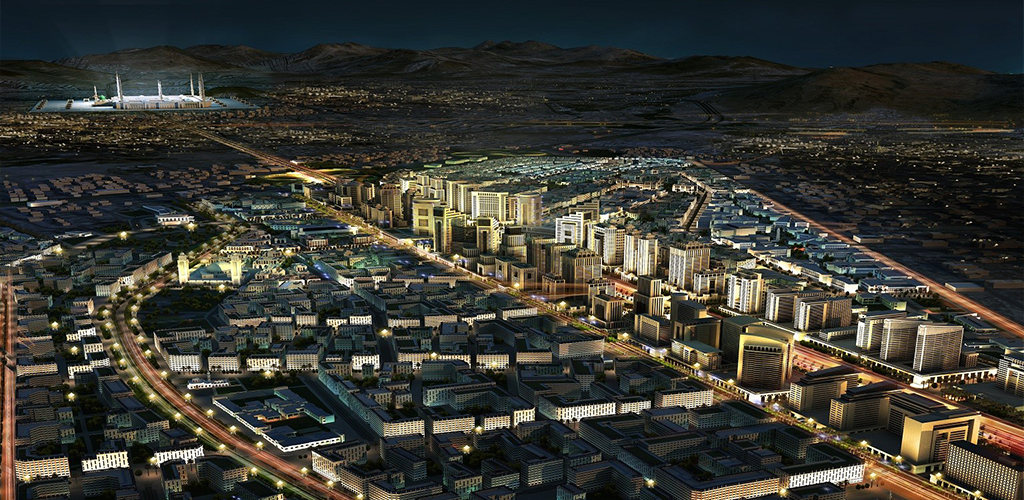
Six economic cities are in the pipeline for the Kingdom, demonstrating their financial priorities shift.
- King Abdullah Economic City (KAEC)
- Knowledge Economic City
- Prince Abdulaziz bin Mosaed Economic City (Pabmec)
- Tabuk Economic City
- Ras al-Zour Resource City
- Jizan Economic City
One of the programs pushed by the Saudi government in its quest to achieve the investment diversification and modernization intended by its 2030 vision is investing in building economic cities in different strategic locations.
Among many other things, this will create further opportunities for foreign investors to extend their business ventures into Saudi Arabia. The building of the economic cities presents a very attractive proposition to foreign companies looking for economies that have vibrant and evolving markets.
Cities are considered engines of economic growth, accounting for 70% of global GDP. As the world has entered the era of globalization, in which states compete on financial and strategic grounds, states have increasingly come to view the role of urban economies as crucial in realizing broader agendas for sustainable economic development. Besides providing a social and physical environment for residents, cities contribute to a larger plan of achieving economic prosperity and making significant contributions to the national GDP.
Realizing the economic importance of cities, Saudi Arabia has planned to transform its cities into more productive and competitive urban centers by offering a client-service environment, attracting large-scale investments, and promoting business activities.
The Kingdom’s Vision 2030 aims to expand local businesses and global investments in the country by 2030, including increasing SME contribution to GDP from 20% to 35%, enlarging private sector contribution from 40% to 65% of GDP, and rising foreign direct investment from 3.8 % of GDP to the international average of 5.7%.
The development of the economic cities also benefits improving Saudi living standards, especially with the growing population, as this helps distribute population numbers between the new cities and the existing major cities. Related to this will be the creation of employment for surrounding communities, especially the youth, as new companies are established within the new business sectors. Existing companies will also have the opportunity to expand into new industries by opening satellite branches. Eventually, this will lead to an overall vibrant economy as customers will also have new products and services to purchase.
The overall impact of all this business activity will be the growing need for outsourcing services with the establishment of new companies and branches. Companies, whether incorporated in Saudi Arabia or owned by foreign investors, can take any legal form as indicated in and permitted by the Saudi Companies System. This includes a one-person limited liability company, a limited liability company with two or more shareholders, a private joint-stock company, or a branch of an existing company.
All the procedures required to incorporate a company in the economic cities fall under the supervision of The Economics Cities and Special Zones Authority (ECZA).
Their responsibilities include:
- Receiving all requests
- Applications
- documents
- providing all required approvals
- issuing all investment licenses
- liaising around the issuance of all bylaws and commercial registers
- completing all aspects of registration in cooperation with all government authorities as required for a company to operate effectively.
Additionally, the leading developer of each economic city will assist the companies to be incorporated into the city by acquiring the necessary infrastructure such as office space, workshop, factory, and any other type of working space required to operate and conduct business.
The limits of the types of business activities that can be conducted are regulated by the Saudi International Standard Industrial Classification (ISIC4). Companies incorporated in the economic cities are allowed to perform any types of business activities available in the ISIC4, provided that their chosen economic city is equipped to host such activity.
If any additional licenses and approvals are required for performing certain activities, ECZA and its agents will provide all the required assistance and guidance to fulfill and obtain such licenses and approvals in cooperation with the competent government authorities.
Economic cities provide a comprehensive package to investors and represent the concept of global innovation in public-private partnerships. The Saudi government is the regulator, facilitator, and promoter, while private investors play the role of capital provider and developer.
Overall, the Kingdom will benefit greatly as it will manage to grow the national economy and raise the citizens’ standard of living. By enhancing the competitiveness of the country’s economy, creating new jobs, improving the citizens’ skill levels, and developing specific regions through a diversified economy.


